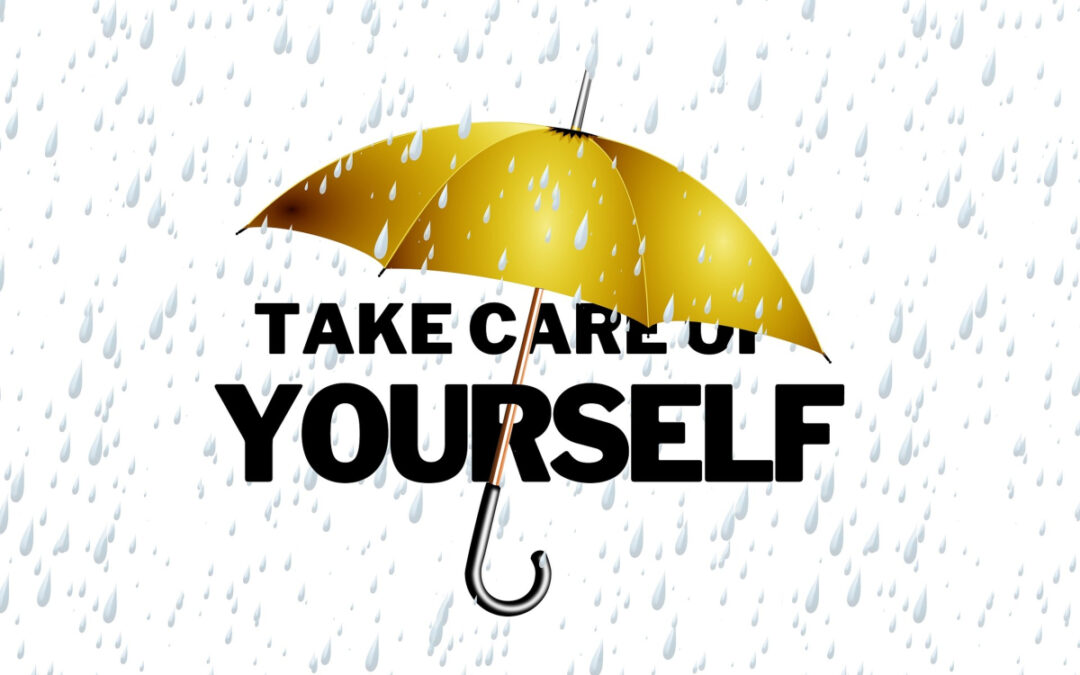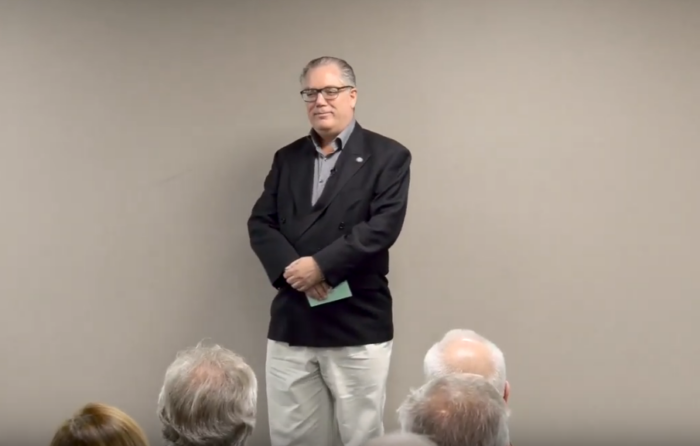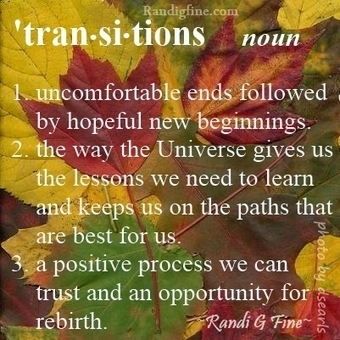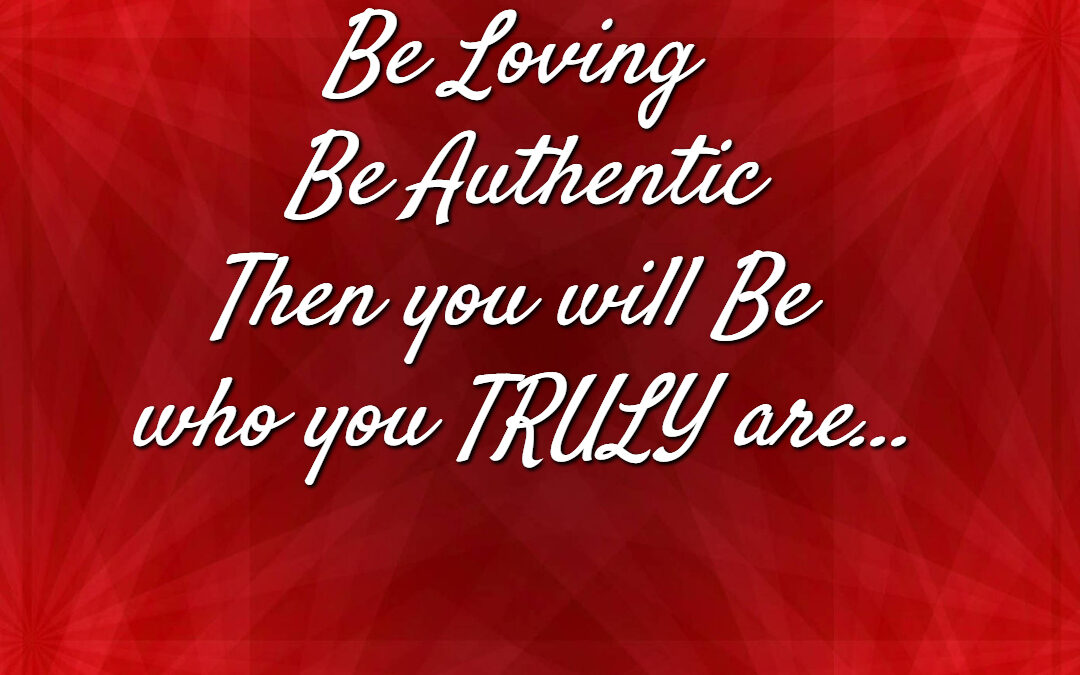
by Benn | Blog, Transitions
The definitions of Midlife and Midlife crisis vary according to the beliefs and opinions of the viewer. One description of a midlife crisis is they happen at 40 (plus or minus 20 years). This gives an age range of 20 – 60. My personal take on the Midlife range is 35 –...

by Benn | Blog, Well-being
We don’t treat diseases, we treat the people who suffer from diseases. ~ Avicenna, The Physician movie There are many ways to consider health and well-being. Interestingly, Avicenna’s ethos fits in with my approach to my practitioner work, and treatment. Anyone can...

by Benn | Blog, Dying, Death & Bereavement
Madeleine Black has inspired me to share about my stage time at the Professional Speaking Association in London in September 2018. Professional speakers are a tough crowd. They’re also the most supportive crowd, too. My topic is funerals – I am a Funeral...

by Benn | Blog, Transitions
After death, taxes and breathing, change is one of life’s constants. The big changes can be called transitions, moments when life so significantly, in either direction; uplifting or saddening experiences. However they arrive, transitions will always disrupt...

by Benn | Blog, Dying, Death & Bereavement
Telling people I’m a Funeral Celebrant is interesting. Some are fascinated. Some are horrified. And think it morbid. They just see it as dealing with the dead. In fact, it is the exact opposite. My work is to acknowledge, represent and celebrate the life of a person...










Recent Comments